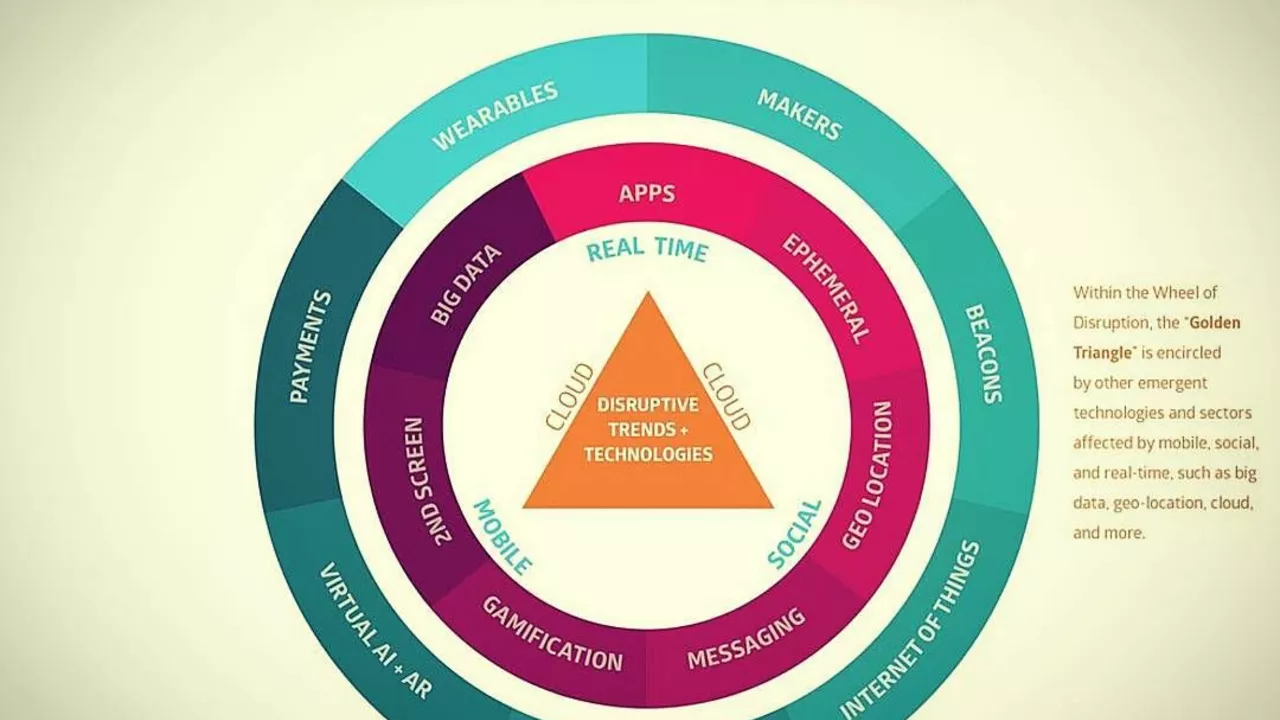Technology and Business: What You Need to Know
Ever wondered why every business talk now ends with the word "technology"? It’s because tech firms are the engines that keep today’s companies moving. Whether you run a small shop or a multinational, understanding the kinds of tech companies out there can help you pick the right tools and stay ahead.
Types of Technology Companies
First off, let’s break down the big players. Software giants like Microsoft and SAP build the applications that run everything from payroll to customer relationship management. They focus on code, updates, and user experience.
Hardware heroes design the physical stuff you touch – laptops, servers, IoT devices, and even massive data centers. Companies such as Dell, Apple, and Cisco fall into this group, turning ideas into tangible products.
Then there are cloud computing providers. Think of Amazon Web Services, Google Cloud, or Microsoft Azure. They store your data, run your apps, and let you scale up or down without buying new equipment.
Artificial intelligence specialists are the new kids on the block. They teach machines to recognize patterns, predict outcomes, and even talk back. Startups in this space often offer niche solutions like chatbots, image analysis, or predictive maintenance.
Don’t forget cybersecurity firms. With data breaches making headlines, these companies protect your information, monitor threats, and help you meet compliance standards.
Finally, fintech innovators blend technology with finance, offering everything from mobile payments to blockchain‑based contracts. They’re reshaping how money moves and is managed.
The post "What kind of different companies are there in technology?" from our blog covers these categories in a fun way, showing how each type adds its own flavor to the tech landscape.
Why These Companies Matter to Your Business
Now that you know the players, let’s talk about why they matter to you. First, technology speeds up everyday tasks. A cloud‑based accounting app can close books in minutes instead of days, freeing up time for strategic work.
Second, the right software can improve customer experience. CRM tools track interactions, so you always know where a lead stands and can follow up at the right moment.
Third, hardware and AI boost productivity. Smart sensors can monitor equipment health, alerting you before a machine breaks down and saving costly downtime.
Fourth, cybersecurity protects your reputation. A single breach can erase years of brand trust, so partnering with a security firm is a must‑have insurance policy.
Lastly, fintech solutions open new revenue streams. Accepting digital wallets or offering subscription billing can attract younger customers who prefer cash‑less transactions.
When you match your business needs with the right tech partner, you get faster growth, lower costs, and a competitive edge. It’s not about buying the flashiest gadget; it’s about choosing tools that solve real problems.
Want to start the conversation? Look at your current pain points – slow invoicing, data loss risk, poor customer follow‑up – and ask a tech provider how they can fix it. Most companies will offer a free demo or a trial, so you can see the benefit before committing.
In short, the technology and business world is a mixed bag of software, hardware, cloud, AI, security, and finance players. Knowing who does what helps you pick the right partner, speed up operations, protect your data, and keep customers happy. The next time you hear “digital transformation,” think of it as a toolkit you can assemble piece by piece, each piece coming from a different type of tech company.

What kind of different companies are there in technology?
Alright, tech wizards! Let's dive into the magical realm of technology companies. First, we have the software giants, crafting lines of code like they're spinning gold. Then, there are the hardware heroes, forging tech tools, from dainty devices to beastly data centers. Don't forget our cloud computing conquerors, saving our digital lives on lofty servers. Plus, there's those AI aficionados, teaching machines to think like us, or maybe even better than us (chuckles). So, from coding to clouds, hardware to AI, tech companies are as diverse as a bag of jelly beans, each one bursting with its own unique flavor of innovation!
read more